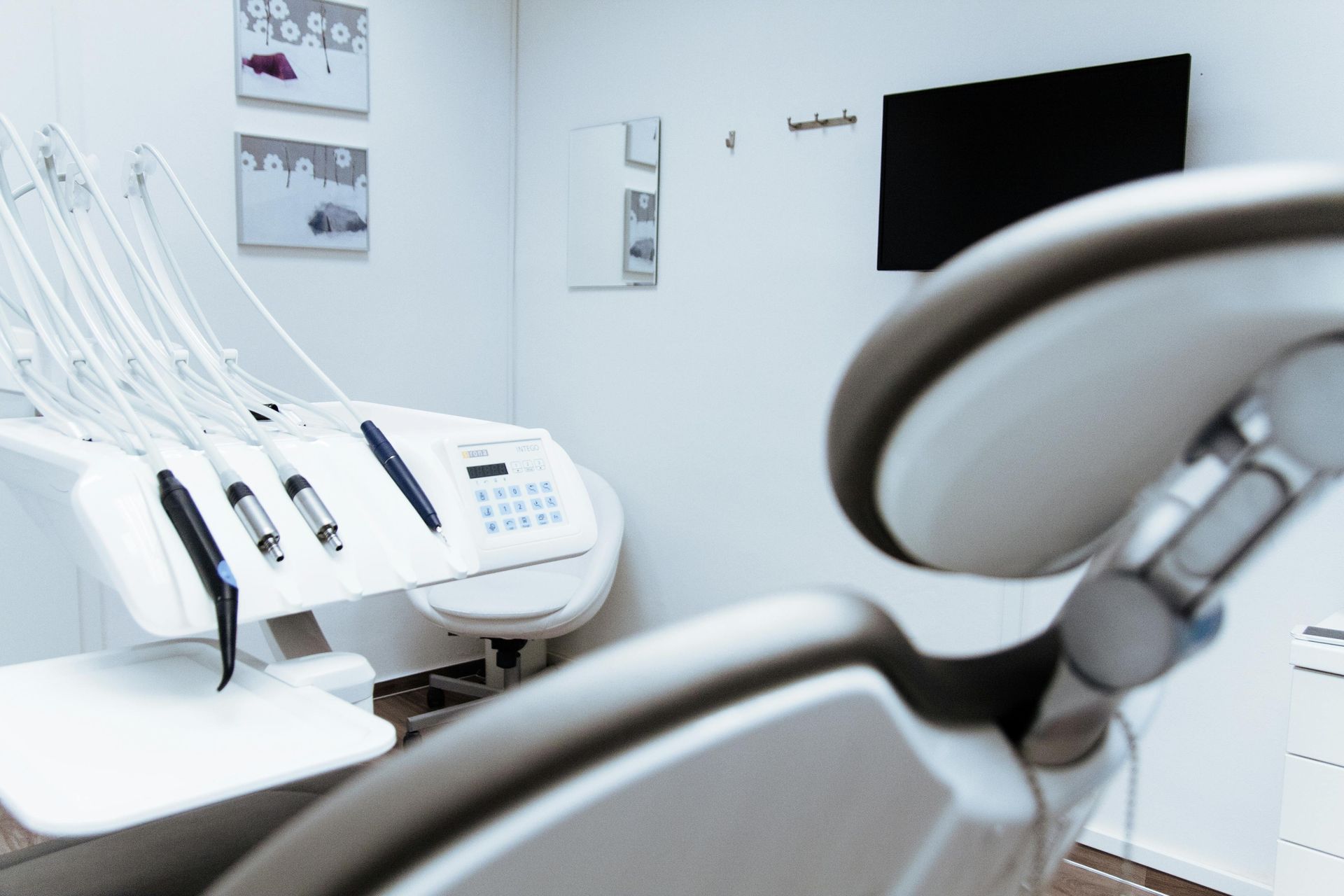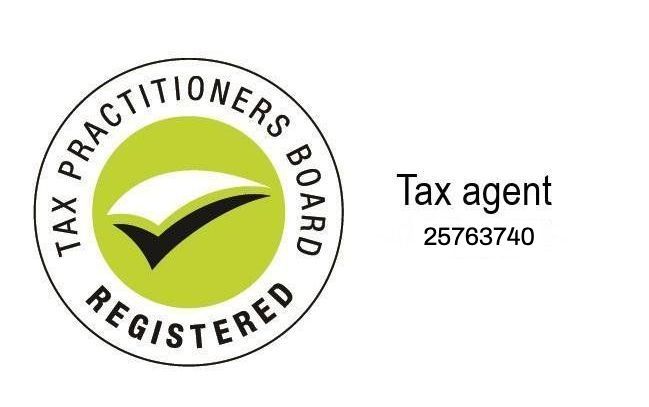Investing in a Medical Practice: Key Considerations for Long-Term Success
Vania Wang • March 4, 2025
Investing in a Medical Practice: Key Considerations for Long-Term Success

Owning a medical practice is a significant financial decision that goes beyond clinical expertise. Whether you are looking to establish a new practice, buy into an existing one, or expand your current operations, careful financial planning is essential. A well-structured medical practice can provide long-term financial stability, strong revenue potential, and greater control over your career. However, it also comes with complex tax, regulatory, and operational considerations that require strategic planning.
This article outlines the key financial and structural factors
to consider before investing in a medical practice.
The Financial Benefits of Owning a Medical Practice
A medical practice is a high-value business asset that, when managed efficiently, can generate stable and growing income streams. Unlike employment contracts or locum work, owning a practice offers the opportunity to:
✔️ Control income structures to optimise tax efficiency.
✔️ Build long-term wealth through practice growth and equity.
✔️ Increase profitability by improving operational efficiency and expanding patient services.
However, these benefits are only realised when the business side of the practice is structured and managed correctly.
Key Considerations Before Investing
Business Structure & Ownership Model
The structure of a medical practice directly impacts tax efficiency, liability, and operational flexibility. Common structures include:
Sole trader
– Simpler setup but offers no asset protection.
Partnership
– Shared ownership but requires clear agreements to manage risks.
Company or Trust
– More tax-efficient, with greater asset protection, but comes with additional compliance obligations.
Selecting the right structure ensures long-term financial security and operational sustainability.
Financial Due Diligence
Before investing, a comprehensive financial review of the practice is essential. This includes:
Revenue and profit trends
– Understanding historical financial performance.
Overheads and expenses
– Identifying areas for cost management.
Outstanding debts or liabilities
– Ensuring financial risks are mitigated.
A well-managed practice should have clear financial records and sustainable cash flow, ensuring it remains profitable beyond the initial investment.
Tax Planning & Structuring for Profitability
Owning a medical practice presents unique tax planning opportunities, but also requires careful structuring to ensure compliance and efficiency. Considerations include:
Medical service trusts
– Often used to distribute income in a tax-effective manner.
Salary packaging
– Certain eligible expenses can be structured tax-effectively.
Deductible business expenses
– Rent, equipment, professional fees, and staffing costs.
Without proper tax planning, practice owners may pay more tax than necessary or miss out on available deductions.
Regulatory & Compliance Requirements
Medical practices operate in a highly regulated environment, and compliance is critical to financial and operational success. Key areas to consider include:
Medicare billing compliance
– Ensuring correct billing procedures are in place.
Employment contracts & staff entitlements
– Managing legal obligations for employees and contractors.
Professional indemnity & business insurance
– Protecting against financial and legal risks.
Failing to meet compliance requirements can result in financial penalties and reputational risks.
Is Investing in a Medical Practice the Right Move for You?
Investing in a medical practice offers strong financial potential, but success depends on proper planning, financial structuring, and risk management. Understanding the tax, legal, and operational implications before making a decision ensures a smoother transition into ownership and a more profitable long-term investment.
If you are considering buying into a practice or want to optimise the financial structure of your current business, seeking expert financial and tax advice is essential.

As a medical professional, your practice isn’t just a business, it’s a platform to provide care, build relationships, and make a difference. Scaling your practice to meet growing demand is exciting, but it also comes with financial challenges. Whether you’re expanding your team, upgrading equipment, or opening a second location, a solid financial strategy is key to sustainable growth.

One of our clients, a cardiologist, came to us feeling frustrated. They were earning a strong income and investing regularly, but their wealth wasn’t growing as fast as they’d hoped. After reviewing their situation, we found several areas for improvement. Their investments were held in their own name, which meant they were paying taxes at the top marginal rate. They were also missing out on key deductions and weren’t using their superannuation accounts to their full potential. We worked together to restructure their finances. By moving their investments into a family trust, they could distribute income to family members on lower tax rates. We also restructured their loans to reduce interest payments, freeing up cash flow for other investments. One of their properties was operating at a loss, but we used negative gearing to offset their taxable income, saving them thousands. Finally, we optimised both their and their spouse’s super accounts, taking advantage of lower tax rates to build long-term wealth. The results were immediate. They now save $10K annually in taxes and have better cash flow, allowing them to invest more effectively. Their assets are also insulated from potential litigation, giving them peace of mind about the future. This is a perfect example of how the right advice can make a world of difference. If you’re feeling stuck or unsure about your financial progress, a specialist accountant can help you unlock new opportunities and achieve your goals faster. You’ve worked hard for your success, it’s time your finances reflected that.

When you’re running a business, having insurance in place often feels like a safety net. You’ve checked the box, paid the premiums, and you can breathe a sigh of relief. But are you truly covered? Many business owners believe they’re protected, only to find gaps in their coverage when it’s too late. It’s not uncommon to assume you’re safeguarded, but the reality is that insurance and asset protection strategies need regular review, especially as your business and personal circumstances change.

You’ve worked hard to build wealth and provide for your family. But when it comes to passing that wealth on, are you aware of the potential tax implications? While Australia doesn’t have a direct inheritance tax, that doesn’t mean your beneficiaries are completely off the hook. There are other taxes that can come into play, especially when it comes to inherited assets or superannuation.








